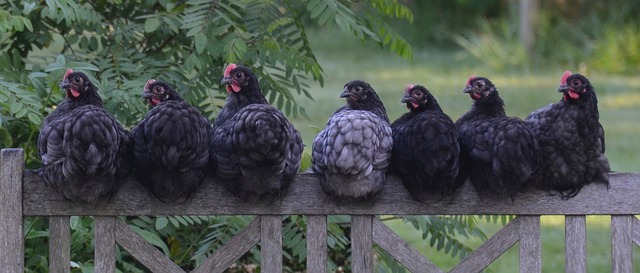Out of Whack
 Some days everything gets out of whack.
Some days everything gets out of whack.
Nothing works right.
- Snow and ice make travel treacherous.
- The car won’t start.
- Our laptop freezes.
We don’t feel well.
- A cold keeps us coughing and sneezing.
- Muscles ache.
- Our head hurts.
Life gets crazy.
- We have too much to do and no time to do it.
- No one offers to help.
- We see no hope for improvement.
Days out of whack put us down in the dumps. We become emotional wrecks and can’t get a grip.
Most of us face times like that.
That’s life, but how do we deal with it?
We can:
- Complain. That usually makes us and everyone around us feel worse.
- Pretend nothing is wrong. As a result, we never make anything better.
- Do the best we can. That way, something gets done.
- Ask for help. People usually don’t know we need help, unless we tell them.
- Pray for guidance and peace. Even if circumstances never change, our attitude can.
On the darkest days, let the light of God’s hope shine through.
“Guide me in your truth and teach me, for you are God my Savior, and my hope is in you all day long” (Psalm 25:5 NIV).
Thanks to Darrin Jenkins for the suggestion.
Do you have an expression you want explained? If so, please comment below.
Subscribe to receive my weekly posts by email and receive a free copy of “Words of Hope for Days that Hurt.”
If you enjoyed this post, please share it with your friends.
 As a little girl, I loved to visit relatives who had a well with a bucket. The bucket was tied to the end of a rope. To get water, we had to:
As a little girl, I loved to visit relatives who had a well with a bucket. The bucket was tied to the end of a rope. To get water, we had to:
 Chickens come home to roost.
Chickens come home to roost. When we get mad as a wet hen, we get angry – very angry.
When we get mad as a wet hen, we get angry – very angry. When we put our hand to the plow, we are ready to work.
When we put our hand to the plow, we are ready to work. Most of us have occasional fit-to-be-tied moments. We become:
Most of us have occasional fit-to-be-tied moments. We become: Please welcome my friend Carlton Hughes as today’s guest writer. Carlton and I met at
Please welcome my friend Carlton Hughes as today’s guest writer. Carlton and I met at  I used to go to church with a man who introduced me to this phrase. Whenever I greeted him and asked how he was doing, he always answered the same way.
I used to go to church with a man who introduced me to this phrase. Whenever I greeted him and asked how he was doing, he always answered the same way. I recently said I thought gravy was
I recently said I thought gravy was  My mother, sister, cousin, and I were fixing to eat when I took this picture. We planned to enjoy both our food and this great view of
My mother, sister, cousin, and I were fixing to eat when I took this picture. We planned to enjoy both our food and this great view of